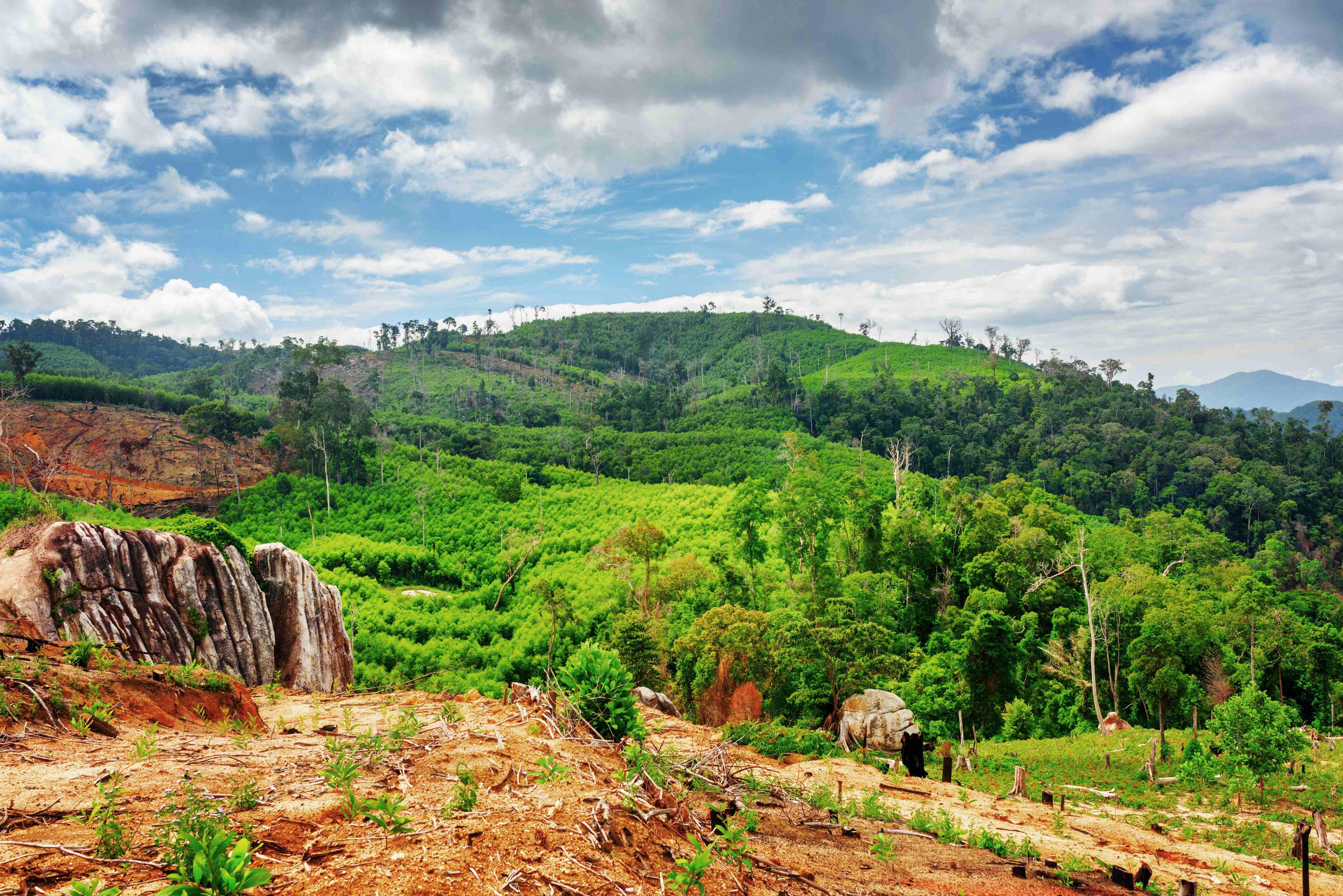
About
About The Initiatives for Sustainable Landscapes (ISLA) in the Central Highlands-Vietnam
The Central Highlands of Vietnam is home to 95% of all coffee production and over 60% of pepper production in Vietnam, making the Central Highlands the second-largest coffee producer and exporter and the largest pepper exporter in the world.
In the landscape programme, IDH brings together businesses, governments, farmers, communities and civil society to build sustainable governance models in the sourcing landscape. Through our PPI approach, we create areas where agricultural products are grown sustainably (Production), forests and natural resources are safeguarded (Protection), and communities thrive (Inclusion). IDH focuses on 2 key commodities: coffee and pepper. See below:
Coffee
Vietnam is providing employment opportunities for hundreds of thousands of smallholder farmers. The Central Highlands region, encompassing provinces such as Lam Dong, Dak Lak, Kontum, Gia Lai, and Dak Nong, serves as the primary hub for coffee cultivation.
For the coffee sector, the programme focuses on supporting a large sustainable sourcing landscape through the PPI compact approach for sustainable coffee production and income improvement.
In the new context of the European Union's Deforestation Regulation (EUDR) going to be effective soon, IDH is bringing together government bodies, NGOs, and private coffee businesses to foster knowledge sharing, develop and implement cost-effective solutions for EUDR compliance.
Pepper
As the co-chair (together with the Plant Protection Department under the Ministry of Agriculture of Rural Development, and the Vietnam Pepper & Spices Association) of the Pepper Public-Private Partnership (PPP) Task Force, IDH is collaborating with multi-stakeholders to support the sector sustainability and market requirements.
Through the partnership with the Ministry of Agriculture and Rural Development, Vietnam Pepper & Spice Association (VPSA), the European Spices Association (ESA), American Spices and Trade Association (ASTA) and Sustainable Spices Initiatives (SSI), international and domestic companies and CSOs, we co-design and co-implement the joint projects, which provide cross-sector solutions on smallholder farmer livelihoods, working conditions, agrochemical use and climate change issues.
